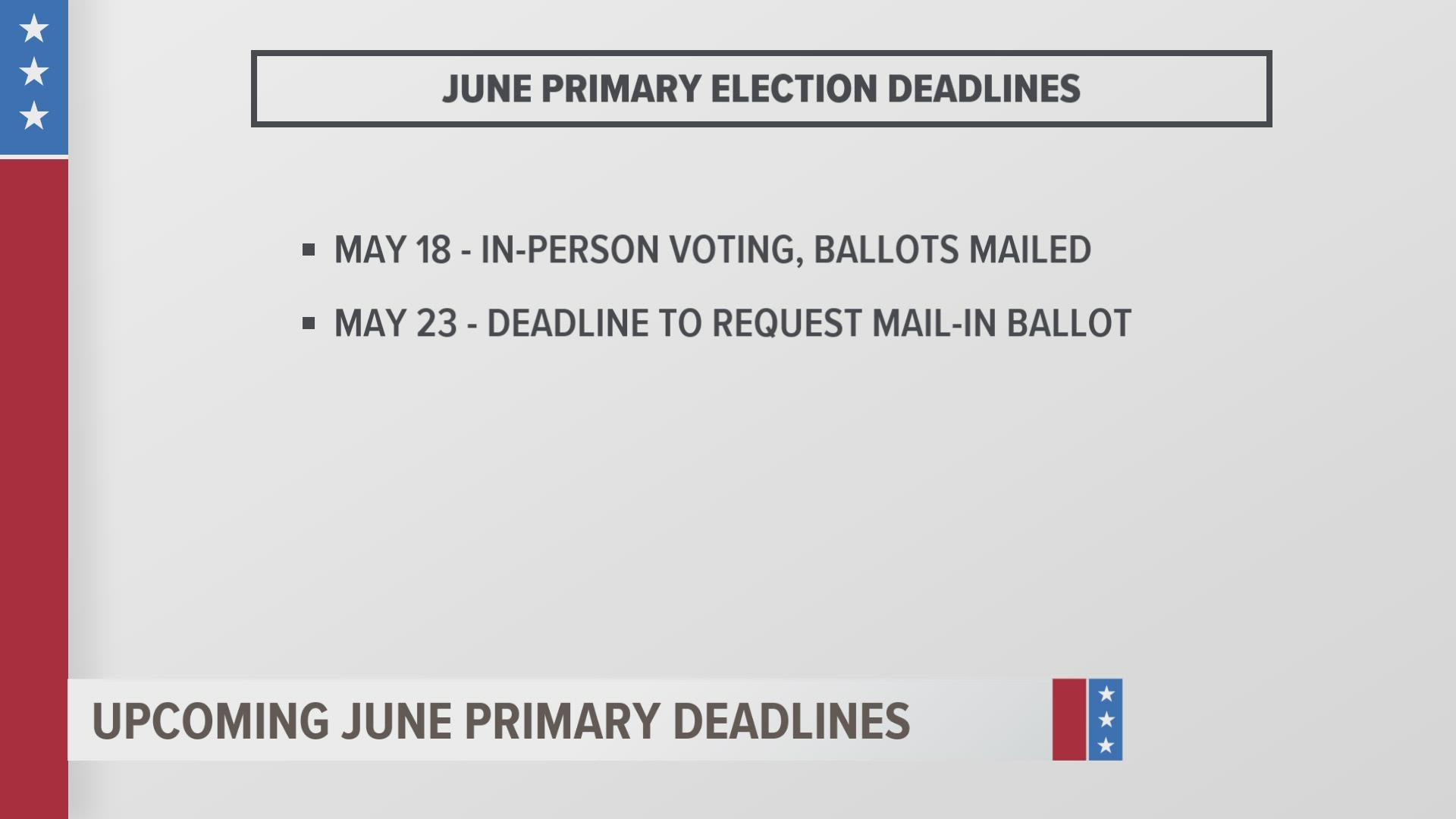Primary Preview: Finkenauer, Franken, Hurst seek Democratic nomination in 2022 US Senate race
Retired Admiral Michael Franken, Dr. Glenn Hurst and Abby Finkenauer will face off in the June 7 Democratic primary for U.S. Senate.
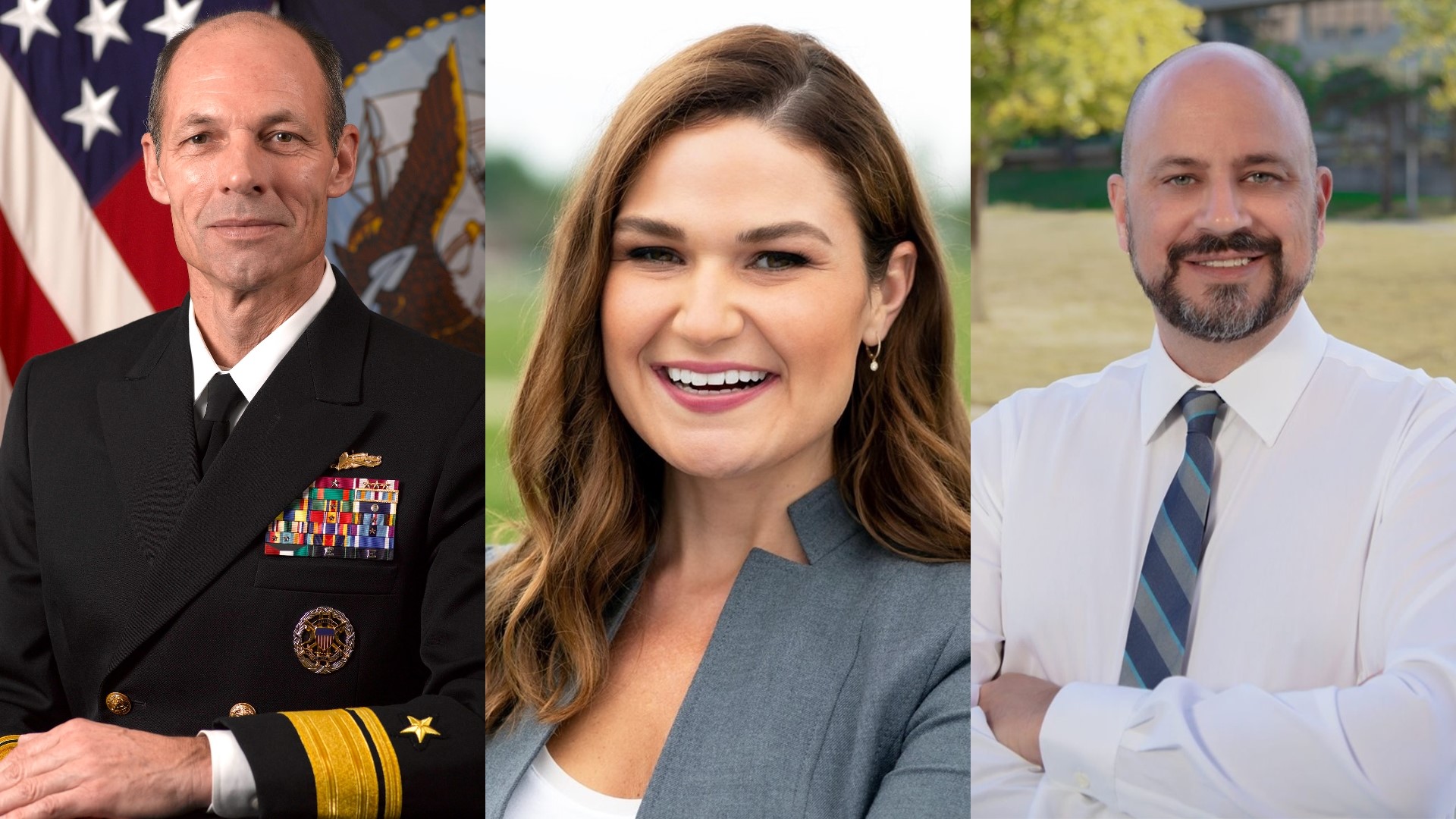
Early voting is less than two weeks away in Iowa with the primary a month away on June 7. Before voters head to the polls, Local 5 News is breaking down the candidates in some of the major races.
Here is a list of the Democratic candidates hoping to unseat Republican Chuck Grassley in the U.S. Senate.
The Candidates
Franken is a retired United State Navy vice admiral. He served in numerous senior positions prior to retiring in 2017, including deputy head of U.S. Africa Command, flag officer in U.S. Central Command's Plans and Strategy Office, chief of legislative affairs in the Department of the Navy and posts with the Joint Staff and Office of the Secretary of Defense.
He ran to unseat Republican Senator Joni Ernst in 2020, but lost in the primary to Theresa Greenfield.

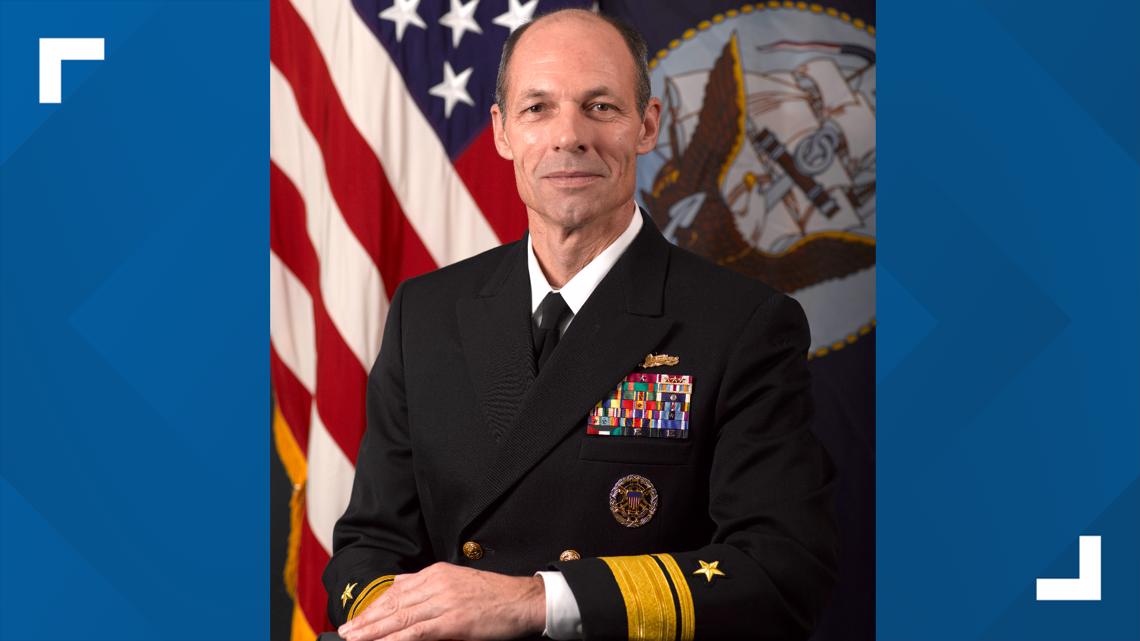
Hurst is a family practitioner in rural Iowa. Hurst serves as the Chair of the Iowa Democratic Party's Rural Caucus, as well as a Minden City Councilman.

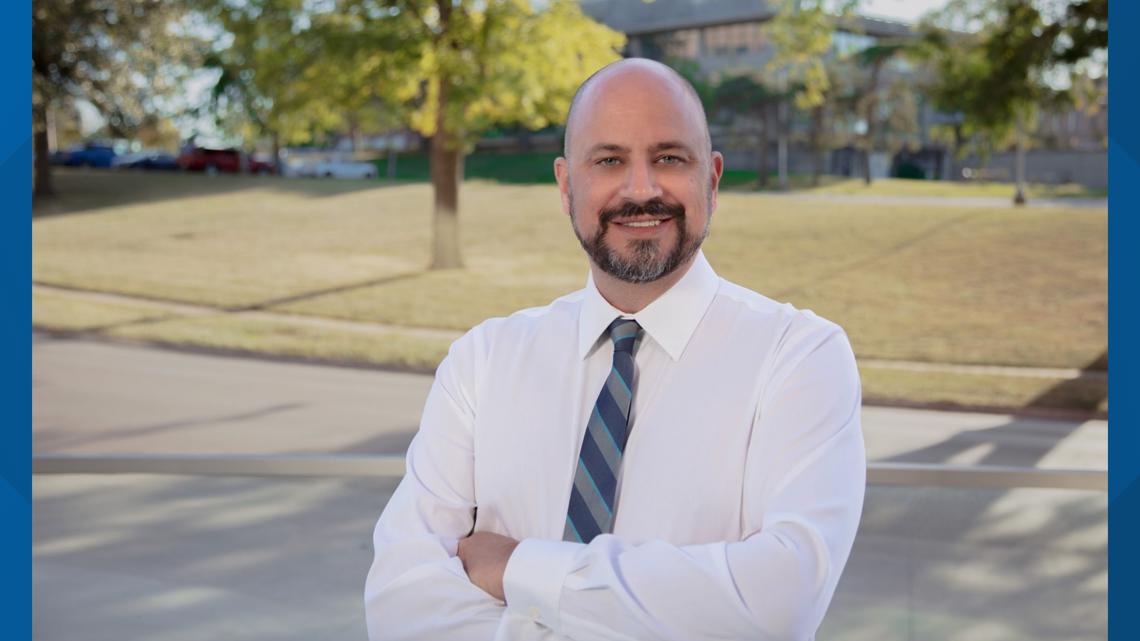
Finkenauer served as a member of the Iowa House of Representatives from 2015-2019. She was then elected to the U.S. House of Representatives in 2019, and served until 2021. She lost reelection to Republican Ashley Hinson.

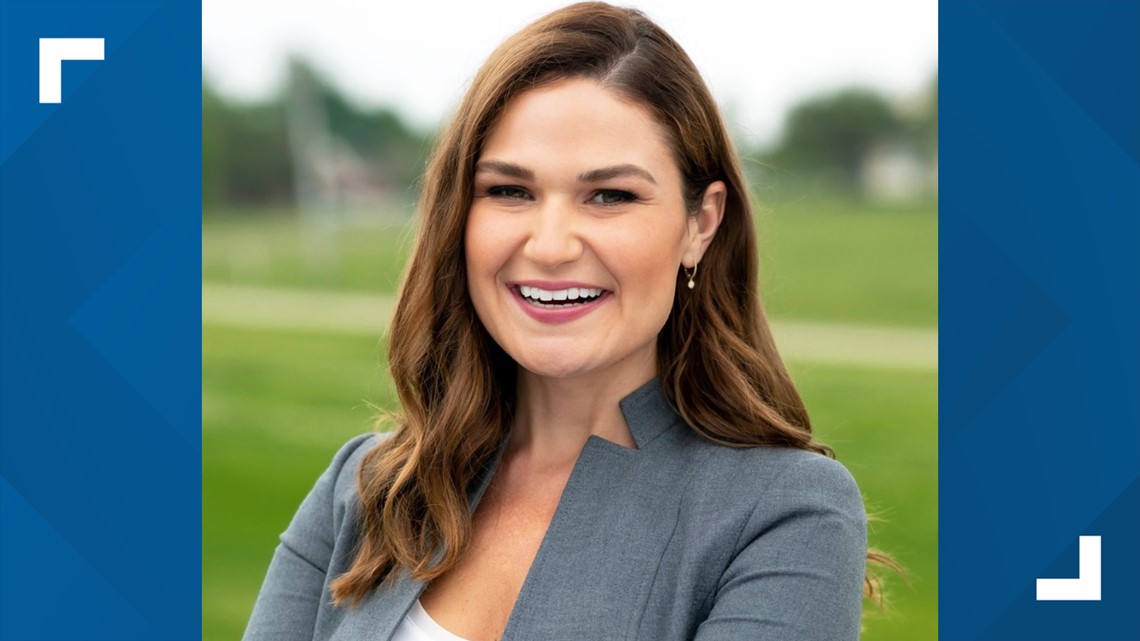
On The Issues
Why they're running
FRANKEN: "I think Iowans and this nation are looking for serious leaders, people who break from party politics and are issues-oriented. Those that want to find solutions, that are blessed in compassion and intellect. And I think from rural Iowa to being a three-star admiral gives a lot of those qualities. And ultimately, as someone who's had the experience and the involvement on Senatorial and in the House in Capitol Hill, it's almost a sin if you don't try to give those skills a chance. And as a servant leader, I feel very strongly to help my fellow citizens and this nation find a new horizon."
HURST: "I did not plan to become a physician. I went to medical school when I was 32 years old because I had seen the problems in health care in rural communities and thought, that's a place I want to be involved. When I got into medical practice, my own private practice, I found that there are plenty of people that I still can't help and that no provider can help. We've got a broken health care system. And so it's addressing that system that really drove me the rest of the way into to politics and addressing a Medicare For All system."
FINKENAUER: "I've given my life to public service in Iowa. I ran for statehouse when I was 24. And part of it was because of the fact that I saw my friends, my family, my neighbors being forgotten in Des Moines and in D.C. Then at the age of 28, I decided to step up and run for Congress, because of the fact that we were represented by somebody that just did not step up for, again, families like I grew up in. My dad was a union pipefitter and my mom worked for the school district. And for too long, I think those at the top are the ones making the decisions and have no idea how it's actually impacting people here in Iowa. So that's why I ran for Congress, and then I'll be honest with you after 2020, I remember being kind of grossed out by it all and thinking, 'Why does anybody run for public office in this country, if they can lie about you, and they can win?' And when January 6 happened, that's where everything changed for me. Because I saw as we had somebody sitting there, at that point for 45 years, Senator Grassley pushed conspiracies about the election. Not even talk about the truth and actually, you know, bring people together after that moment. And I just thought to myself, 'A guy like that does not deserve to be reelected to the United States Senate'. And I was gonna beat him."
What issues are voters raising?
Local 5 News spoke with Franken and Hurst before a leaked opinion from the U.S. Supreme Court regarding Roe V. Wade was released
FRANKEN: "They don't like the dissension in society, they certainly don't like the manner in which we converse with each other and how everything is blatant party politics. They're looking for solutions, not conflicting opinions and the like. They just want to get on with it. And they would like to see an Iowa that is good for all Iowans. And it's a place where our children in the next generation at least consider staying, and ultimately bring in others from outside the state who want to stay here and find this to be the place to get the education to get the health care and to live a great life. We can start with federal programs that enhance education. We should look more strongly at how to make the type of health care that I was a recipient of for many, many decades where it doesn't become such a bad thing to try and get medical care in this country. Where from physical preventive and dental care is covered. Where it's a right versus a privilege. We can work on a more vivacious business environment. We have a great situation here in Iowa, if we took advantage of the blessings we have from an energy grid perspective. We could be a net exporter of cheap electrical energy and bring businesses in Iowa that are seeking our educated and highly skilled workforce."
HURST: "Health care is still on the lips of every person that we talked to. It is the primary issue that's driving people's concerns about their daily lives and what the government could be doing. Now, certainly, the economy is important as well. Immigration is another important topic in Iowa. But health care is really on the lips of every person. And there's an expectation that we get it done."
FINEKNAUER: "A lot of folks are worried about the direction of our country and democracy after watching January 6 happen. And watching how there are folks sitting in Washington D.C. still in office right now who are still pushing conspiracy theories. It shouldn't be that way. It shouldn't have to be so hard to just tell the truth. And folks are worried about that. They're worried about, heck this week when it comes to women and our health care. I mean right now you've got a Supreme Court who basically, this decision is going to come down and I'd say in June it's going to be official. They're going to take away our right to choose in the United States of America. That's absurd. I mean, we're talking about states being able to then legislate making young women have to carry a baby to term when she was raped or incest. I mean, that's absurd, that should not be happening in the United States of America. And this is the time where representation does matter. Having people in that United States Senate who get it, who are going to stand up do that kind of work. We're hearing that from people across the state. We are hearing it even beyond that. When it does come to all health care you've got prescription drug reform that just needs to happen. You've got our seniors right now picking between can they get their groceries this month or are they able to get their prescription drugs filled? That's something I worked on in the house. And Senator Grassley has been sitting there in the Senate for 47 years blocking that work. He literally wrote the bill making it so Medicare couldn't negotiate with drug companies. It's part of why we're going to beat him. And honestly, it's why we have to."
► Download the We Are Iowa app
► Sign up for Local 5's "5 Things to Know" email newsletter
► Subscribe to Local 5 News on YouTube


